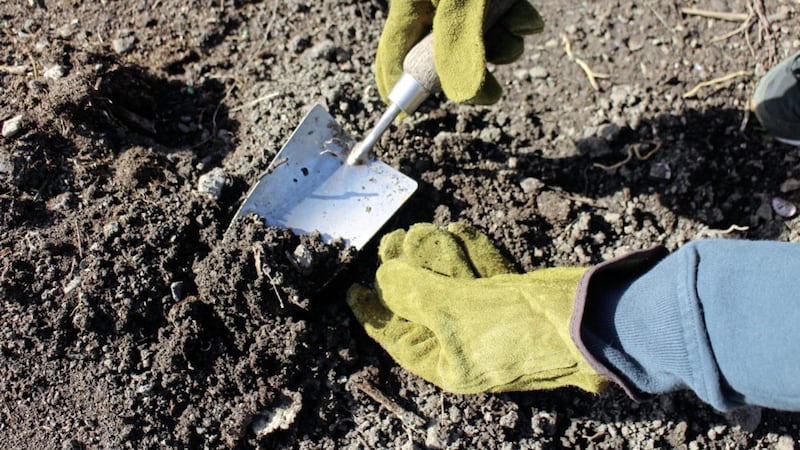A YEAR ago I was coming to the end of a fortnight’s stint in ICU where I was being treated for sepsis, brought on by a bite from my own dog. I knew relatively little about this often fatal illness beforehand but through writing this column, I was at least aware that sepsis has claimed the lives of a number gardeners, who’d developed it after picking up a minor, ostensibly innocuous wound.
While enjoying my garden and a return to full health, I'm often reminded of those less fortunate, such as Lucinda Smith, a 43-year-old mother of two who died from organ failure days after scratching herself while gardening.
The Essex-based lawyer was doubly unlucky, having been denied the urgent treatment her illness required because her doctor misdiagnosed the pain in her shoulder as a trapped nerve.
Her case is rare but not unknown. In 2008, 78-year-old former district nurse Jean Brown died from septicaemia triggered by a prick from a thorn that penetrated her gardening gloves.
I’m not suggesting gardening is a high-risk hobby that should be avoided but I’d urge my fellow green-fingered enthusiasts to be aware of some of the hidden dangers around what is otherwise a healthy pastime.
Beyond injuries from lawnmowers and power tools, arguably the greatest health risk in the garden comes from Legionellosis, a bacterial infection to which the elderly and those with a weak immune system are particularly susceptible. There are two types to be wary of: Legionella longbeachae, which occurs in soil and compost, and the more common Legionella pneumonophila.
The former led the widow of a Scottish man who died from leukaemia to call for bags of compost to carry a health warning. Margaret Murphy’s husband Andrew died in 2014 after his immune system was left badly weakened by Legionella longbeachae he contracted from compost six years previously. There have been a handful of other cases in Britain over the past decade but compost manufactures maintain that the risk of infection is very low.
Legionella pneumonophila, which can lead to the type of pneumonia known as legionnaire’s disease, occurs naturally at low levels in water but can reach dangerous levels in standing water, especially during warm weather.
Another danger from compost, this time the homemade variety, comes from bioaerosols, airborne micro-organisms including spores, bacteria and fungi that can cause serious respiratory problems. In 2008 a gardener who’d opened bags of rotting plant material that’d been left to decompose died of kidney failure. The 47-year-old from Buckinghamshire became unwell after being engulfed by "clouds of dust" and inhaling poisonous fungal spores.
Other diseases gardeners should be mindful of are tetanus, the bacterium of which can enter through cuts or wounds, and Weil’s disease (Leptospirosis), which humans can catch from water or wet vegetation contaminated with rat urine.
There are also a number of poisonous plants, and those whose sap or hairs can cause burns to the skin and irritation.
Gardening does carry some potentially life-threatening dangers, as the above examples illustrate; however, a common-sense approach and a few small precautions will help minimise the risk. Always wear tough gloves when pruning and handling soil, pesticides and compost, and always wash your hands afterwards. Draw your face away when opening bagged compost and dampen down your heap with water before turning, again being mindful of invisible airborne spores. In warm weather steer clear of water that’s been containerised.
Finally, ensure your tetanus jabs are up to date, while keeping a close eye on cuts, no matter how insignificant they appear.








